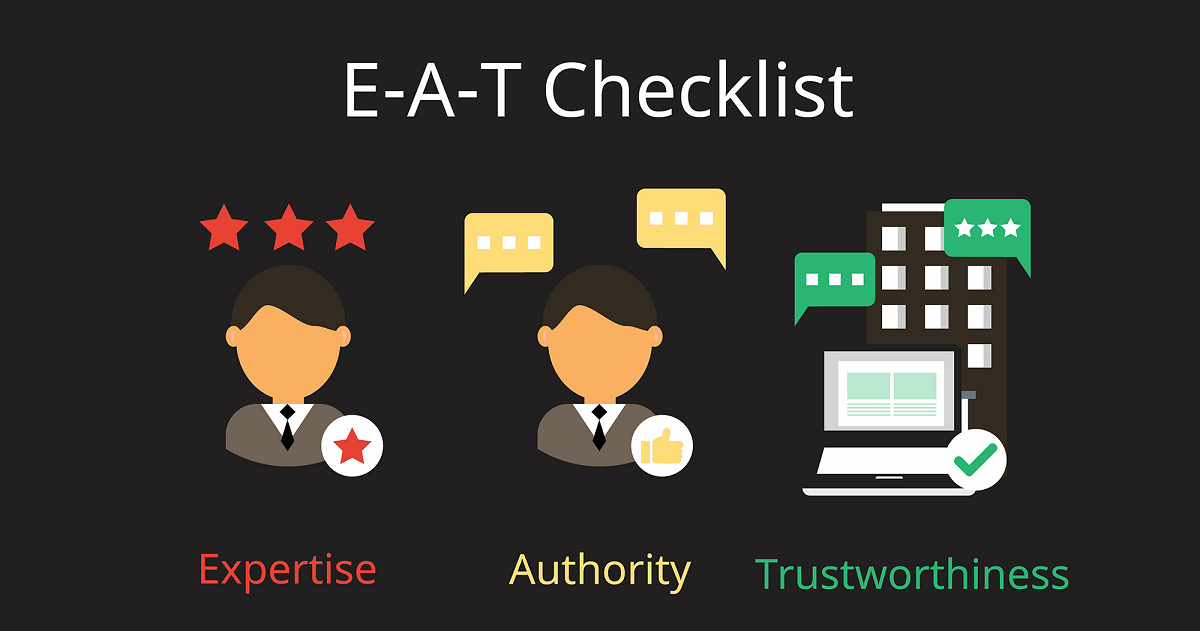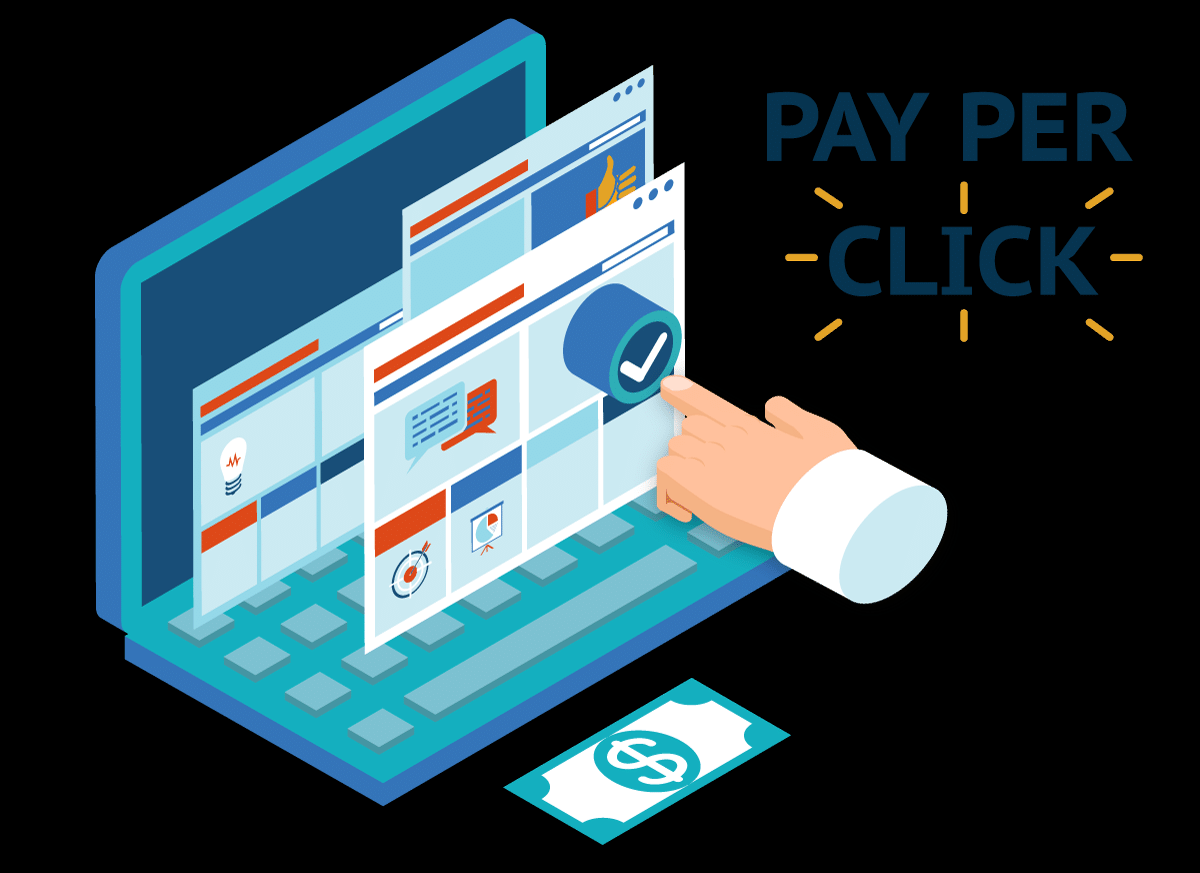BLOG
Exploring Off-Page SEO Strategies That Work

In the ever-evolving digital marketing landscape, search engine optimization (SEO) is a cornerstone for improving online visibility and driving organic traffic to your website. While on-page SEO tactics like keyword optimization and content quality are crucial, off-page SEO plays an equally vital role in boosting your website's authority and relevance in the eyes of search engines.
In this comprehensive guide, we delve into the realm of off-page SEO strategies that work—strategies that go beyond your website itself to enhance its reputation, credibility, and, ultimately, its ranking on search engine results pages (SERPs). From building high-quality backlinks to leveraging social media and managing your online reputation, these strategies are proven to elevate your website's presence in the digital sphere.
Understanding Off-Page SEO
Understanding off-page SEO is crucial for anyone looking to improve their website's visibility and authority in search engine results. Unlike on-page SEO, which focuses on optimizing elements within the website, off-page SEO involves external factors, such as backlinks, social signals, and online reputation. Backlinks, or links from other websites to yours, are a critical off-page SEO factor, as they signal to search engines that your site is reputable and worthy of ranking higher.
Social signals, such as likes, shares, and comments on social media platforms, also play a role in off-page SEO, indicating your content's popularity and relevance to search engines. Online reputation management is another crucial aspect, as positive reviews, mentions, and testimonials can boost your site's credibility and trustworthiness. Understanding these off-page SEO elements and how they contribute to your site's overall authority is essential for implementing effective off-page SEO strategies.
In the ever-evolving digital marketing landscape, search engine optimization (SEO) is a cornerstone for improving online visibility and driving organic traffic to your website. While on-page SEO tactics like keyword optimization and content quality are crucial, off-page SEO plays an equally vital role in boosting your website's authority and relevance in the eyes of search engines.
In this comprehensive guide, we delve into the realm of off-page SEO strategies that work—strategies that go beyond your website itself to enhance its reputation, credibility, and, ultimately, its ranking on search engine results pages (SERPs). From building high-quality backlinks to leveraging social media and managing your online reputation, these strategies are proven to elevate your website's presence in the digital sphere.
Building Quality Backlinks
Building quality backlinks is essential for improving your website's off-page SEO and overall search engine rankings. Quality backlinks are links from other reputable websites that point to your site, signaling to search engines that your content is valuable and trustworthy. Here are some strategies for building quality backlinks:
- Guest Blogging: Write high-quality guest posts for other websites in your industry. Include a link back to your site within the content or author bio.
- Broken Link Building: Find broken links related to your content on other websites. Reach out to the site owner or webmaster and suggest replacing the broken link with a link to your relevant content.
- Influencer Outreach: Identify and collaborate with influencers or thought leaders in your industry. They can mention or link to your content in their posts or social media channels.
- Content Promotion: Create valuable, shareable content such as infographics, videos, or comprehensive guides. Promote this content on social media and other platforms to attract natural backlinks.
- Community Engagement: Participate in online communities, forums, and Q&A sites related to your industry. Provide helpful answers and insights, including links to your content when relevant and allowed.
- Directory and Resource Listings: Submit your website to reputable directories and resource lists in your industry. Ensure that these directories are relevant and authoritative.
- Collaborative Projects: Collaborate with other businesses, organizations, or influencers on projects such as webinars, events, or research studies. This can lead to natural backlinks from their websites.
When building backlinks, focus on quality over quantity. Seek links from authoritative and relevant websites in your niche, as these are more valuable in the eyes of search engines. Regularly monitor your backlink profile and disavow any spammy or low-quality links to maintain a healthy link profile.
Leveraging Social Media For SEO
Leveraging social media for SEO is a powerful strategy to boost your website's search engine visibility and drive organic traffic. Social media platforms provide opportunities to share your content, engage with your audience, and build a community around your brand—all of which can positively impact your SEO efforts.
When your content gets shared and discussed on social media, it can attract more backlinks, a crucial off-page SEO factor. Additionally, social signals, such as likes, shares, and comments, are increasingly considered by search engines as indicators of content quality and relevance.
By consistently sharing valuable content on social media, engaging with your audience, and encouraging social sharing, you can improve your website's SEO performance and increase its chances of ranking higher in search results.
Online Reputation Management
Online reputation management (ORM) involves monitoring and managing how your brand is perceived online. Businesses and individuals must maintain a positive online reputation, which can significantly impact their credibility, trustworthiness, and success. ORM includes strategies to build and maintain a positive online presence, such as:
- Monitoring Reviews and Feedback: Regularly monitoring online reviews on platforms like Google My Business, Yelp, and social media can help you stay informed about what customers say about your brand. Responding promptly and professionally to positive and negative reviews is crucial for managing your reputation.
- Managing Social Media Presence: Actively engaging with your audience on social media platforms can help you build a positive online reputation. Sharing valuable content, responding to comments and messages, and maintaining a consistent brand voice can enhance your brand image.
- Creating High-Quality Content: Producing high-quality content that is relevant, informative, and engaging can help establish your expertise and authority in your industry. This can include blog posts, articles, videos, infographics, and more.
- Building Positive Brand Mentions: Encouraging satisfied customers to leave positive reviews and testimonials can boost your online reputation. Collaborating with influencers and industry experts who endorse your brand can enhance your credibility.
- Addressing Negative Feedback: When faced with negative feedback or criticism, addressing it professionally and transparently is important. Acknowledge the issue, offer a solution or explanation, and demonstrate a willingness to resolve the issue.
- Monitoring Brand Mentions: Using tools to monitor brand mentions across the web can help you stay on top of what's being said about your brand. This allows you to respond promptly to any mentions, whether they're positive, negative, or neutral.
Content Marketing For Off-Page SEO
Content marketing is crucial in off-page SEO by creating valuable, shareable content that attracts backlinks and social signals. To effectively leverage content marketing for off-page SEO, you can focus on creating high-quality content relevant to your target audience and industry. This content could include informative blog posts, in-depth guides, infographics, videos, and other multimedia content that address your audience's needs and interests.
Additionally, you can use content distribution and outreach strategies to promote your content and attract links from authoritative websites and influencers. By consistently producing valuable content and promoting it strategically, you can enhance your off-page SEO efforts and improve your website's visibility and authority in search engine results.
Local SEO Strategies
- Optimize Google My Business (GMB) Listing:
- Claim and verify your GMB listing if you still need to do so.
- Ensure your business information (name, address, phone number, website URL, and business hours) is accurate and up to date.
- Choose relevant categories for your business.
- Add high-quality photos of your business and products/services.
- Encourage and respond to customer reviews on your GMB listing.
- Local Keyword Optimization:
- Conduct keyword research to identify local keywords related to your business and location.
- Include these keywords in your website's meta tags, headings, content, and URLs.
- Create location-specific landing pages or content targeting local keywords.
- Local Citations and Directories:
- Ensure your business is listed accurately and consistently in local online directories, such as Yelp, Yellow Pages, and industry-specific directories.
- Include your business information (NAP: name, address, phone number) in these listings.
- Monitor and manage your listings to keep them updated and consistent.
- Localized Content Creation:
- Create content relevant to your local audience, such as blog posts, articles, or guides focusing on local events, news, or community interests.
- Use local keywords naturally in your content.
- Incorporate local landmarks, events, or references relevant to your target location.
- Local Link Building:
- Seek opportunities to earn backlinks from local businesses, organizations, or news sites.
- Participate in local events, sponsorships, or partnerships leading to local backlinks.
- Guest posting on local blogs or websites can also be a way to build local authority.
- Mobile Optimization:
- Ensure your website is mobile-friendly and loads quickly on mobile devices, as mobile search is often used for local queries.
- Use responsive design to provide a consistent experience across devices.
- Local Schema Markup:
- Implement local schema markup on your website to provide search engines with specific details about your business, such as address, phone number, business hours, and reviews.
- Monitor and Respond to Local Reviews:
- Regularly monitor and respond to reviews on platforms like Google, Yelp, and Facebook.
- Encourage satisfied customers to leave positive reviews, as these can improve your local search visibility and reputation.
Measuring Off-Page SEO Success
- Backlink Quality and Quantity: Monitor the number of backlinks your website receives from other sites and the quality of those backlinks. High-quality backlinks from authoritative and relevant websites are more valuable than many low-quality links.
- Social Media Engagement: Track the engagement metrics on your social media posts, such as likes, shares, comments, and clicks. These metrics indicate audience engagement with your content and its impact on social media platforms.
- Online Reputation Scores: Use tools to monitor your online reputation, including review sites, social media mentions, and brand sentiment analysis. Positive reviews, mentions, and favorable brand sentiment build a solid online reputation.
- Organic Search Traffic: Analyze your website's organic search traffic to see if your off-page SEO efforts drive more visitors from search engines to your site. An increase in organic traffic indicates improved visibility in search results.
- Referral Traffic: Track the traffic from other websites through referral links to your website. This can indicate the effectiveness of your link-building efforts and the quality of the websites linking to you.
- Domain Authority and Page Authority: Use tools like Moz's Domain Authority and Page Authority to track the overall authority of your website and individual pages. Improvements in these metrics over time indicate that your off-page SEO strategies are working.
- Conversion Rates: Monitor the conversion rates of your website, such as leads generated, sales made, or other desired actions visitors take. Ultimately, the goal of off-page SEO is not just to drive traffic but also to convert that traffic into valuable actions for your business.
Conclusion
Off-page SEO is a crucial component of any successful digital marketing strategy. By building high-quality backlinks, establishing a solid social media presence, and engaging in influencer marketing, businesses can improve their website's visibility and authority in search engine results pages (SERPs).
Additionally, leveraging local SEO tactics, such as claiming and optimizing Google My Business listings, can enhance a brand's visibility in local searches. It's essential to monitor and adapt off-page SEO strategies over time to stay ahead of the competition and maintain a solid online presence. By incorporating these proven off-page SEO techniques into your marketing efforts, you can drive organic traffic to your website and improve your search engine rankings, ultimately leading to increased brand visibility and business growth.











